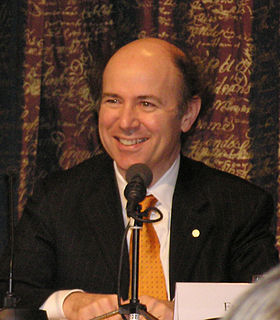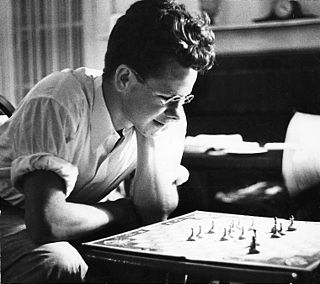A Quote by Vandana Shiva
I did physics because of my love of nature. As a young student of science, I was taught that physics was the way to learn nature. So my travels through physics really are the same urges that make me travel through ecology.
Related Quotes
My travels through physics really are the same urges that make me travel through ecology. They are not really different, except that there is an added dimension of seeing ecological destruction and seeing the very life-support system that makes us survive on this planet being destroyed. That makes me do more than just inquire; it compels me to act and to intervene.
I studied physics at Princeton when I was a college student, and my initial intention was to major in it but to also be a writer. What I discovered, because it was a very high-powered physics program with its own fusion reactor, was that to keep up with my fellow students in that program I would need to dedicate myself to math and physics all the time and let writing go. And I couldn't let writing go, so I let physics go and became a science fan and a storyteller.
It seems that every practitioner of physics has had to wonder at some point why mathematics and physics have come to be so closely entwined. Opinions vary on the answer. ..Bertrand Russell acknowledged..'Physics is mathematical not because we know so much about the physical world, but because we know so little.' ..Mathematics may be indispensable to physics, but it obviously does not constitute physics.
When I was in college, I didn't like physics a lot, and I really wasn't very good at physics. And there were a lot of people around me who were really good at physics: I mean, scary good at physics. And they weren't much help to me, because I would say, 'How do you do this?' They'd say, 'Well, the answer's obvious.'

































